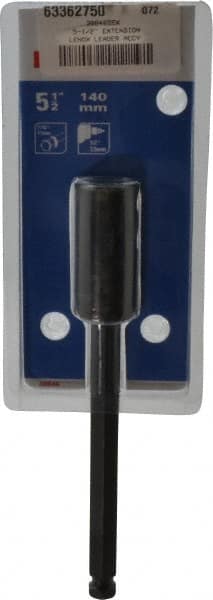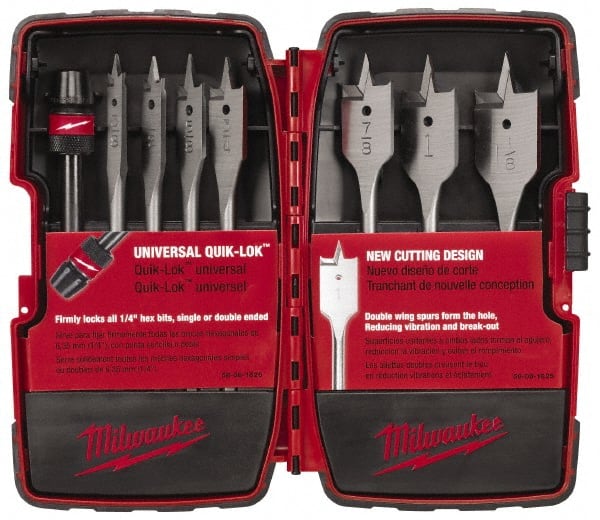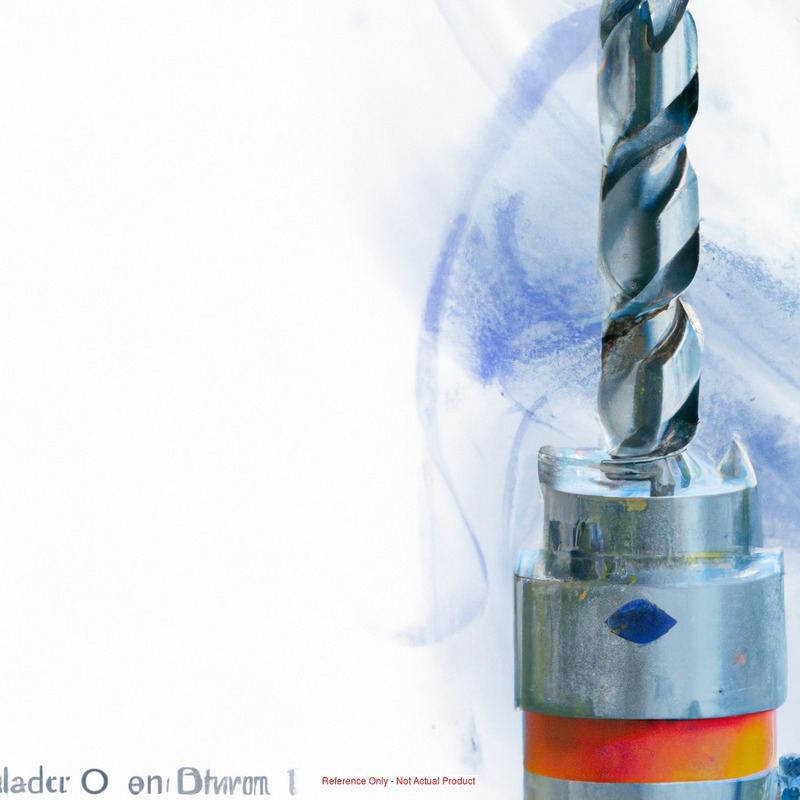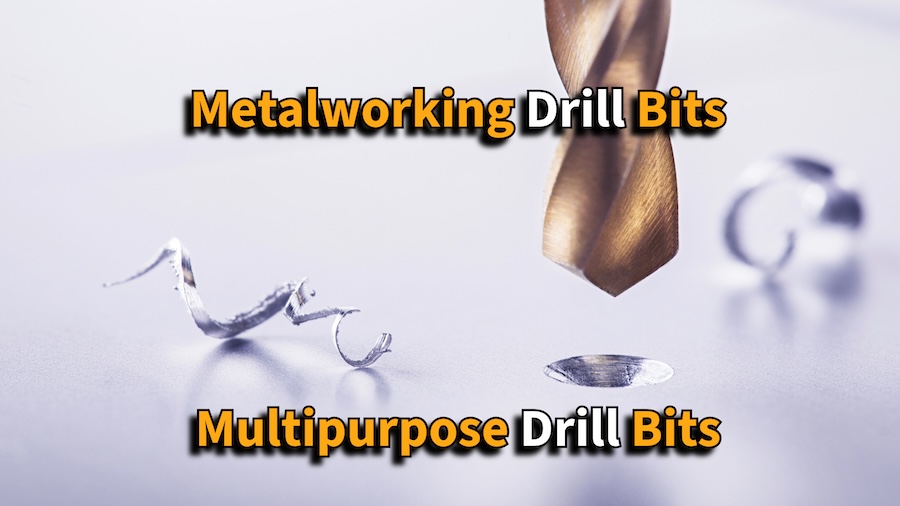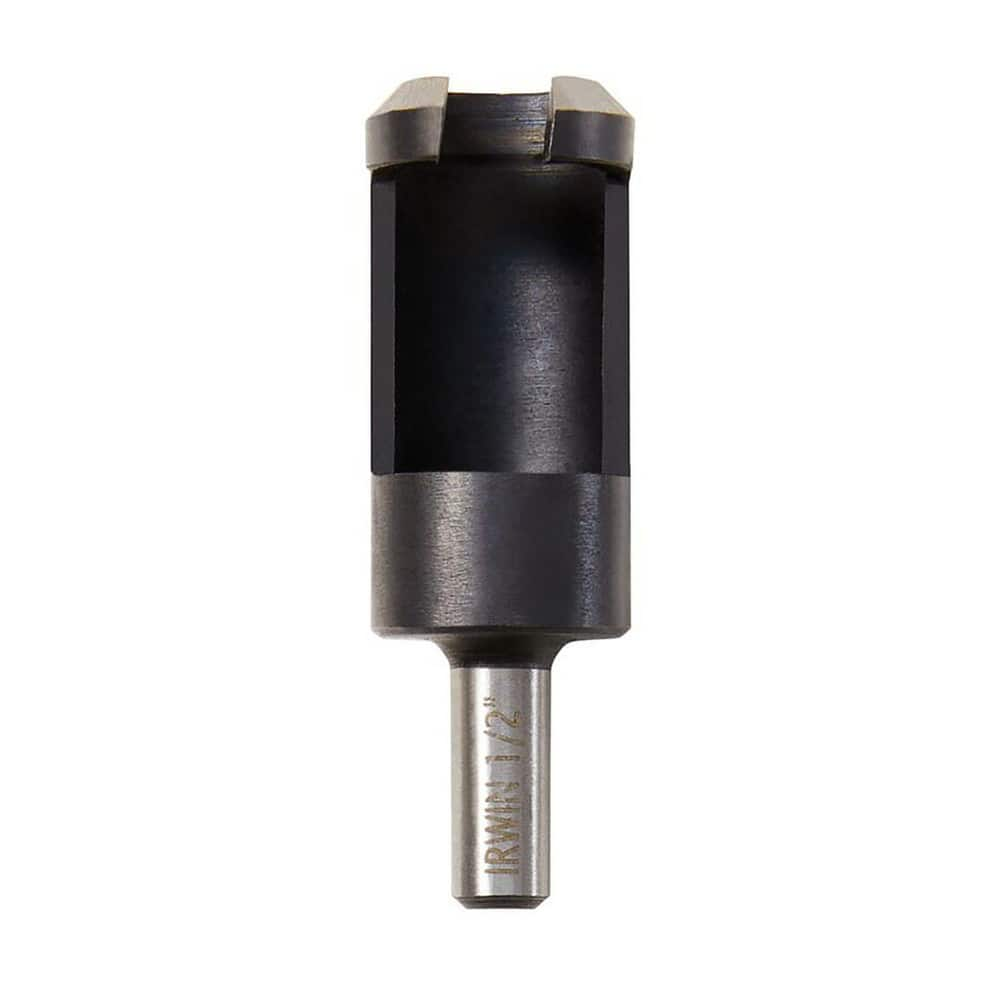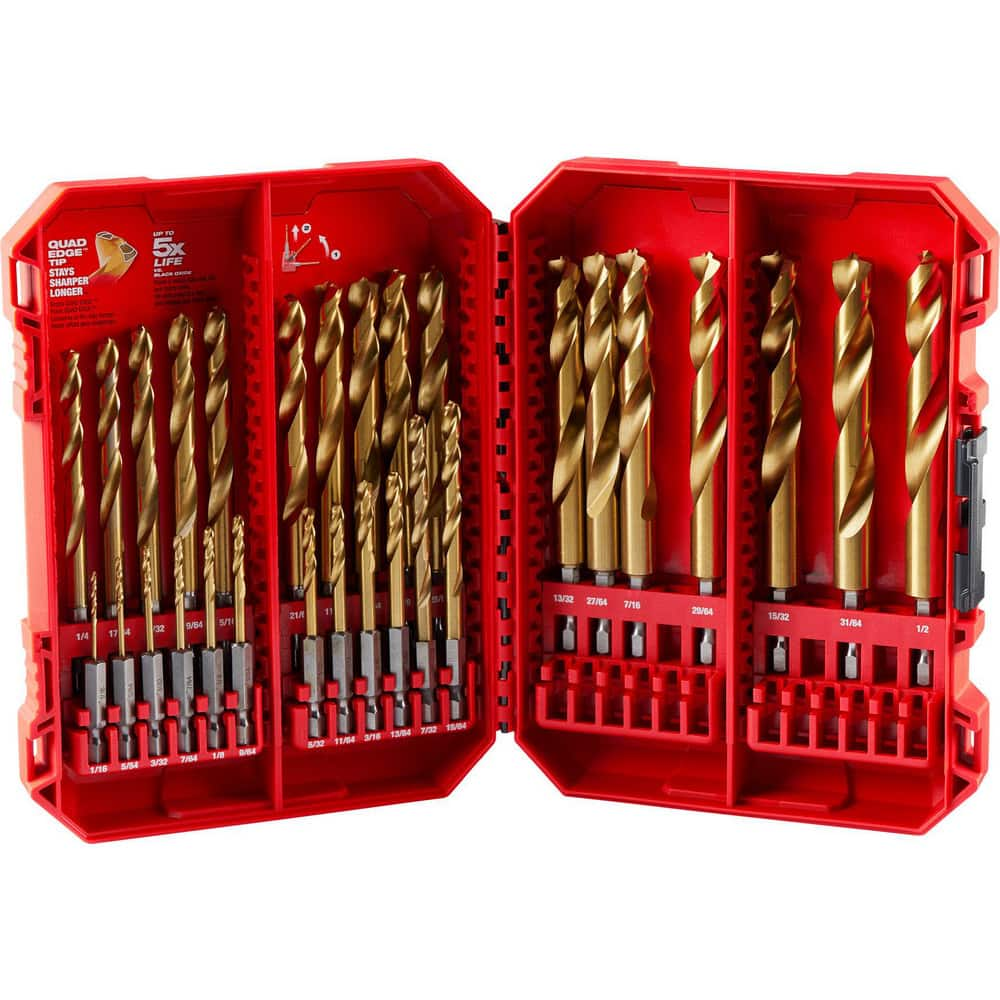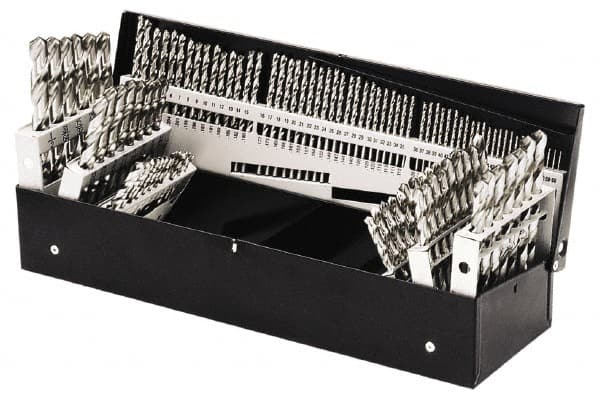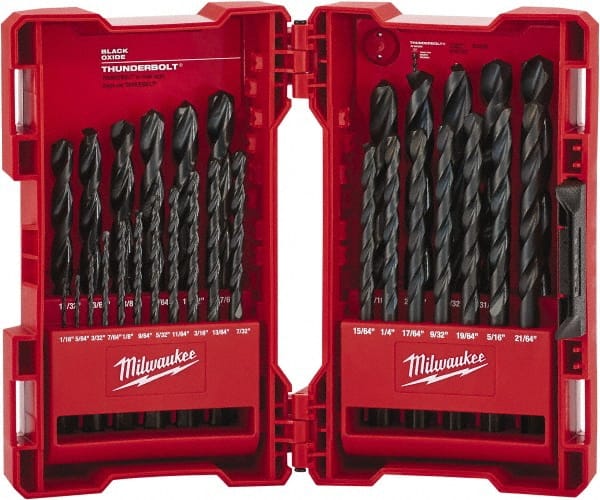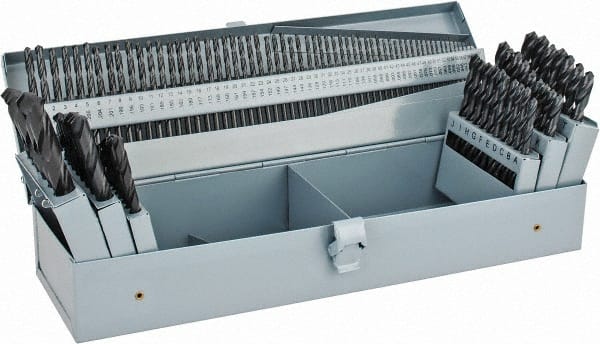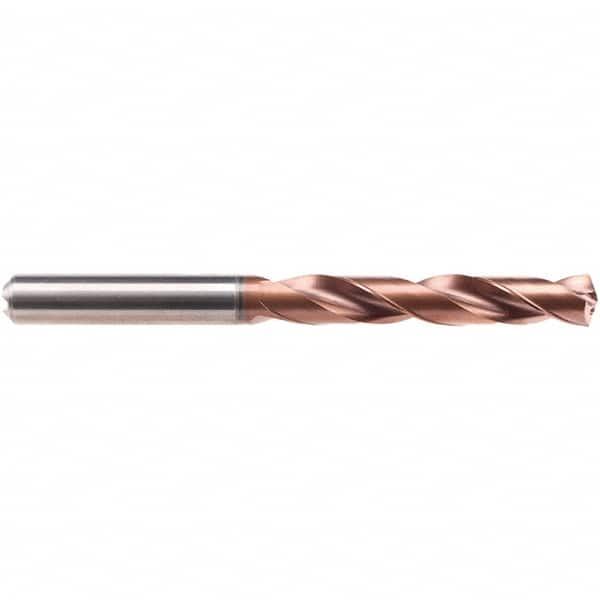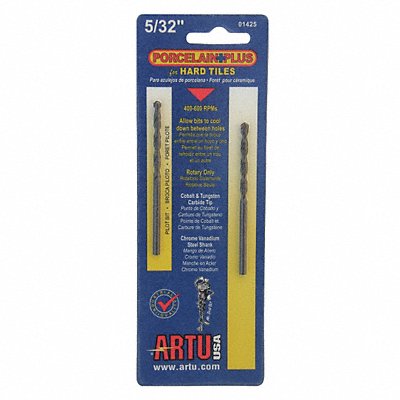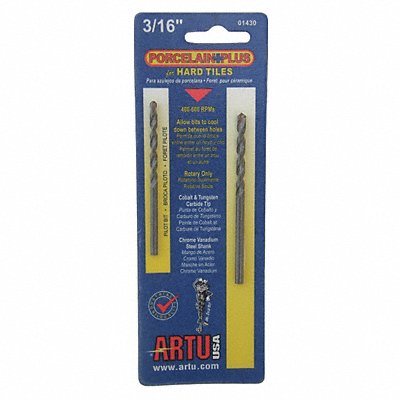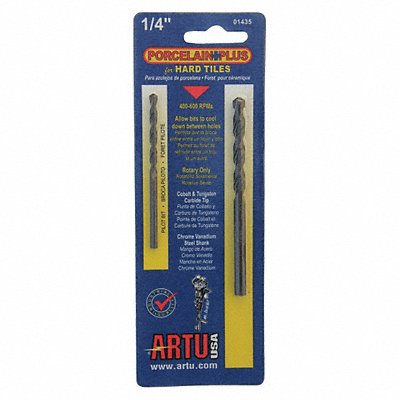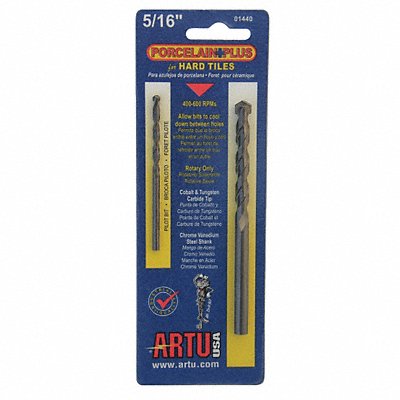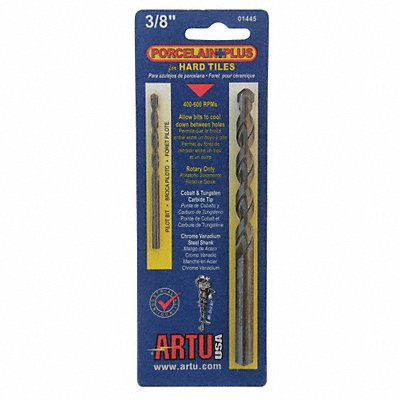Overview
Choosing the right drill bit can make all the difference in the success of a project, especially for government agencies and contractors who handle a diverse range of applications. From delicate circuit board work to heavy-duty masonry drilling, each drill bit type has unique features tailored to specific materials and tasks. This comprehensive guide breaks down the essential types of drill bits—Circuit Board Drill Bits, Drill Bit Accessories, Drill Bit Sets, Masonry Drill Bits, Metalworking & Multipurpose Drill Bits, and Wood Drill Bits. With insights into each category’s top applications, advantages, FAQs, and product recommendations, this guide equips you with everything needed to make an informed decision for every project requirement. Dive in to explore how each drill bit type can enhance precision, efficiency, and safety across various projects.
Table of Contents
- Circuit Board Drill Bits
- Drill Bit Accessories
- Drill Bit Sets
- Masonry Drill Bits
- Metalworking & Multipurpose Drill Bits
- Wood Drill Bits
- Final Thoughts
1. Circuit Board Drill Bits
Circuit board drill bits are precision tools specifically designed for drilling small, accurate holes in printed circuit boards (PCBs). Constructed from materials like high-speed steel or carbide, these bits are made to prevent fractures and maintain durability at high speeds, ideal for intricate electronic work.
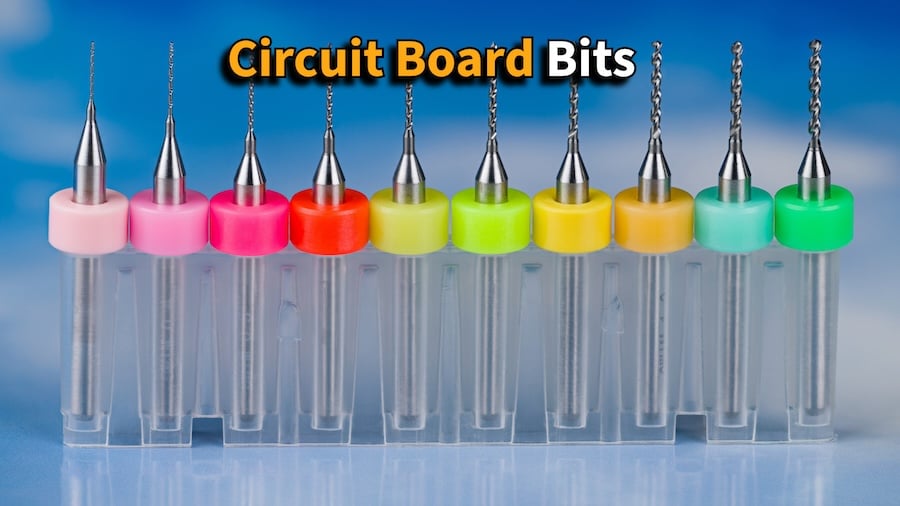
Top Applications
- Drilling for electronic component placement in PCBs.
- Creating vias or internal connections in multilayer PCBs.
- Precision drilling in small-scale projects like model-making.
- Medical device assembly.
- Craft and model hobby projects requiring micro-drilling.
Top Reasons to Use Circuit Board Drill Bits
- Precision: Designed for small, accurate holes without splintering.
- Durability: Carbide tips resist wear under intense usage.
- Heat Resistance: Reduces overheating risks on sensitive boards.
- Consistent Performance: Ideal for high-volume PCB production.
- Versatility: Suitable for various non-metallic materials beyond circuit boards.
Top FAQs and Answers
- What RPM is optimal for PCB drilling? 20,000–60,000 RPM is typical for PCB applications.
- Can I use these bits on metal? Not recommended; these bits are best for non-metallic materials.
- Are PCB drill bits reusable? Yes, but they can dull quickly with frequent use.
- Are carbide bits better than HSS? Carbide offers greater durability, though it’s more brittle.
- What are the common sizes? Ranges typically from 0.1mm to 3mm.
- Do I need a coolant? Generally no, but air cooling may be beneficial for extended use.
- Can they be used on plastic? Yes, PCB bits work well on plastics too.
- What is the standard shank size? Most have a 1/8" or 3mm shank size.
- How do I prevent splintering on boards? Use backing material and moderate feed pressure.
- How should these bits be stored? Store in protective cases to avoid tip chipping.
Product Recommendations
2. Drill Bit Accessories
Drill bit accessories include a variety of add-ons that enhance the performance, safety, and versatility of drill bits. From drill bit sharpeners and coolants to depth stops and guides, these accessories help optimize each drilling operation.
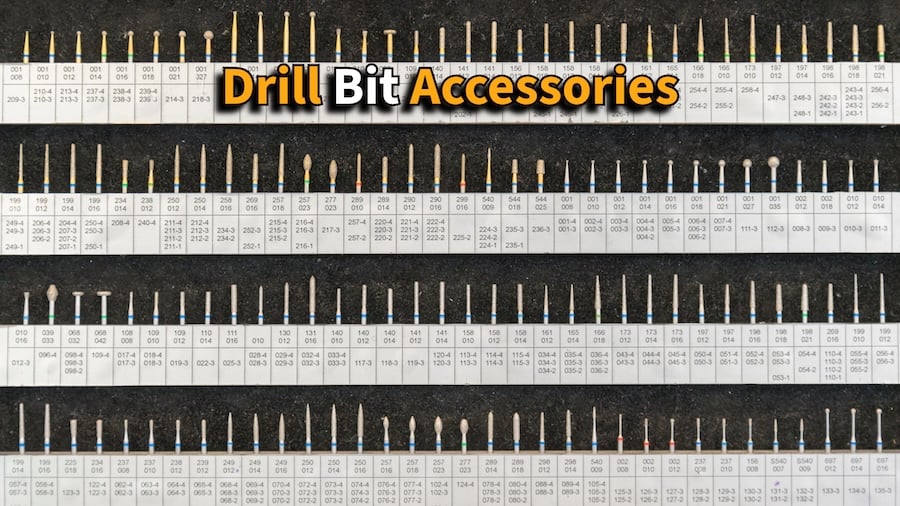
Top Applications
- Increasing accuracy in woodworking and metalworking.
- Extending drill bit life with lubricants and coolants.
- Stabilizing workpieces with clamps and vises.
- Protecting users with safety guards and shields.
- Adjusting bit reach and angle with extensions and adapters.
Top Reasons to Use Drill Bit Accessories
- Enhanced Precision: Guides and stops offer increased control.
- Prolonged Bit Life: Proper cooling systems extend the life of bits.
- Improved Safety: Shields and guards protect users from debris.
- Versatile Setup: Enables customized setups for varied projects.
- Reduced Material Waste: Ensures consistent depth and accuracy.
Top FAQs and Answers
- What is a drill bit guide? A guide ensures proper alignment during drilling.
- How do coolant systems work? Coolant sprays reduce friction and overheating.
- What is a depth stop? A device that limits how deep a drill can penetrate.
- Can I use any vise with all drills? Yes, most standard vises work across drills.
- Do drill bit sharpeners work? Yes, these can extend a bit’s lifespan.
- What’s the best cleaning method? Specialized brushes and rust inhibitors work well.
- Are drill stands needed? They add stability for intricate tasks.
- How does a drill bit extender help? It allows deeper drilling without loss of control.
- What is a split-point sharpener? It adds a tip split to start holes more easily.
- Are accessories universal? Compatibility varies, so check specific drill specs.
Product Recommendations
-
Eagle Tool UsSpecial Price $31.79 Regular Price $52.23
-
Eagle Tool UsSpecial Price $28.79 Regular Price $45.18
-
Eagle Tool UsSpecial Price $36.79 Regular Price $58.91
-
Eagle Tool UsSpecial Price $38.49 Regular Price $61.64
-
LenoxSpecial Price $25.29 Regular Price $34.87
-
LenoxSpecial Price $15.99 Regular Price $23.2
-
LenoxSpecial Price $19.99 Regular Price $26.09
-
GenericSpecial Price $48.49 Regular Price $157.87
3. Drill Bit Sets
Drill bit sets offer a convenient variety of bit sizes and types in one package, catering to both professional and DIY needs. These sets can include bits for wood, metal, and masonry, providing flexibility across a range of tasks.
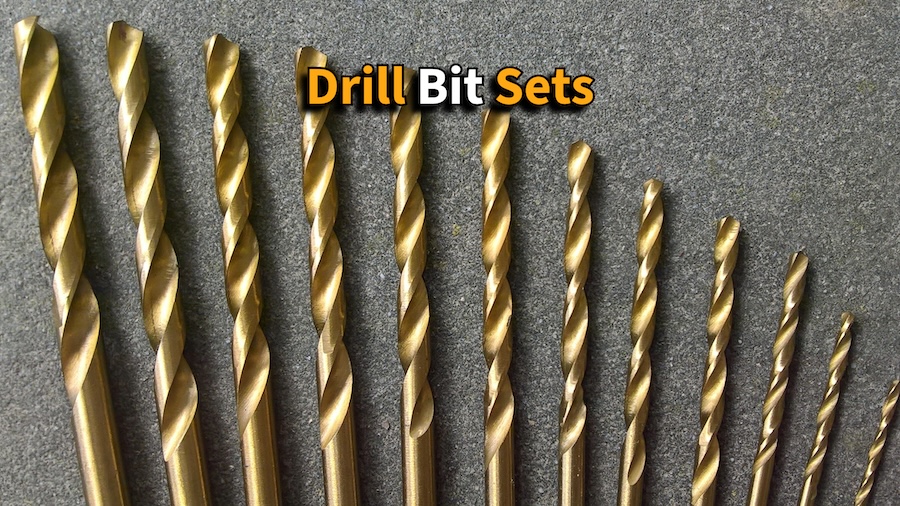
Top Applications
- General-purpose drilling on multiple materials.
- Household repairs and maintenance.
- Construction work on various surfaces.
- Automotive repairs.
- Furniture assembly and detailed woodworking.
Top Reasons to Use Drill Bit Sets
- Comprehensive Variety: Wide selection of sizes for all projects.
- Cost-Effective: Cheaper than buying individual bits.
- Material-Specific Options: Includes wood, metal, or masonry bits.
- Easy Storage: Organized cases prevent loss and damage.
- Flexibility: Suitable for mixed-material jobs.
Top FAQs and Answers
- Do all sets cover the same range? Sets vary in type, quality, and size.
- What’s the difference between HSS and cobalt bits? Cobalt is better for metalworking.
- How should sets be stored? In a case to prevent rust and damage.
- Are replacements available for individual bits? Yes, for some sets.
- Do sets include specialty bits? Some sets include wood or masonry bits.
- What sizes are covered? Typically 1/16” to ½” in most sets.
- Are bits compatible with all drills? Confirm shank size for compatibility.
- Which material lasts longest? Carbide and titanium-coated bits.
- Are countersinks included? Some sets offer countersinks for woodworking.
- How do I select the right bit? Check the set’s guide or markings.
Product Recommendations
-
MilwaukeeSpecial Price $35.79 Regular Price $45.42
-
National Twist DrillSpecial Price $706.49 Regular Price $1007.4
-
Precision Twist DrillSpecial Price $696.49 Regular Price $825.03
-
Precision Twist DrillSpecial Price $696.29 Regular Price $824.83
-
TriumphSpecial Price $341.79 Regular Price $585.18
-
Chicago-LatrobeSpecial Price $480.79 Regular Price $754.69
-
TitanSpecial Price $337.49
-
TitanSpecial Price $514.79
4. Masonry Drill Bits
Masonry drill bits are engineered to bore through tough materials like concrete, brick, and stone. Made with robust carbide tips, these bits handle the high impact of masonry work without degrading quickly.
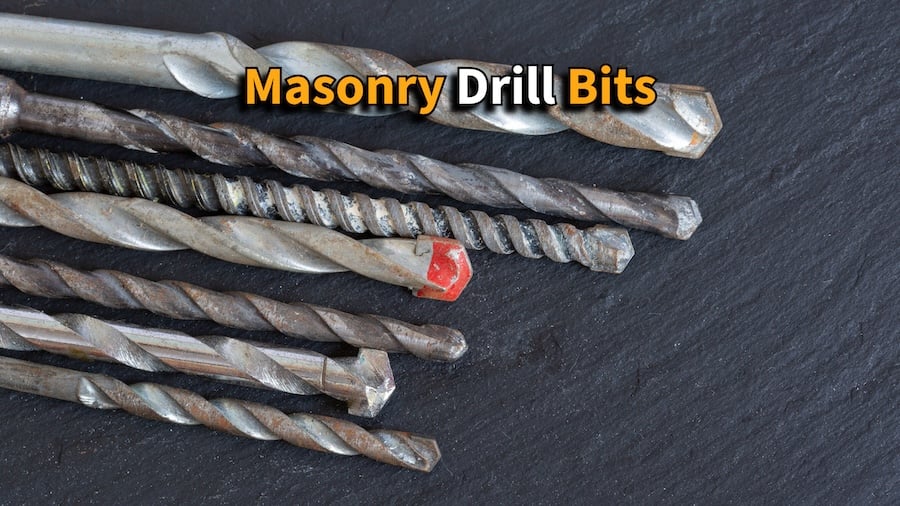
Top Applications
- Drilling into concrete for anchoring fixtures.
- Installing shelves on brick walls.
- Mounting fixtures on stone or marble.
- DIY home projects involving masonry surfaces.
- Embedding anchors and bolts in concrete.
Top Reasons to Use Masonry Drill Bits
- Strength and Durability: Designed to drill hard materials.
- Impact Resistance: Suitable for high-impact hammer drills.
- Efficient Dust Removal: Spiral flutes clear debris as you drill.
- Longevity: Carbide tips withstand prolonged use.
- Consistency: Reliable performance for heavy-duty applications.
Top FAQs and Answers
- Can masonry bits work with a regular drill? Yes, but a hammer drill is ideal for concrete.
- What’s the optimal bit material? Carbide-tipped bits last longer in masonry.

















